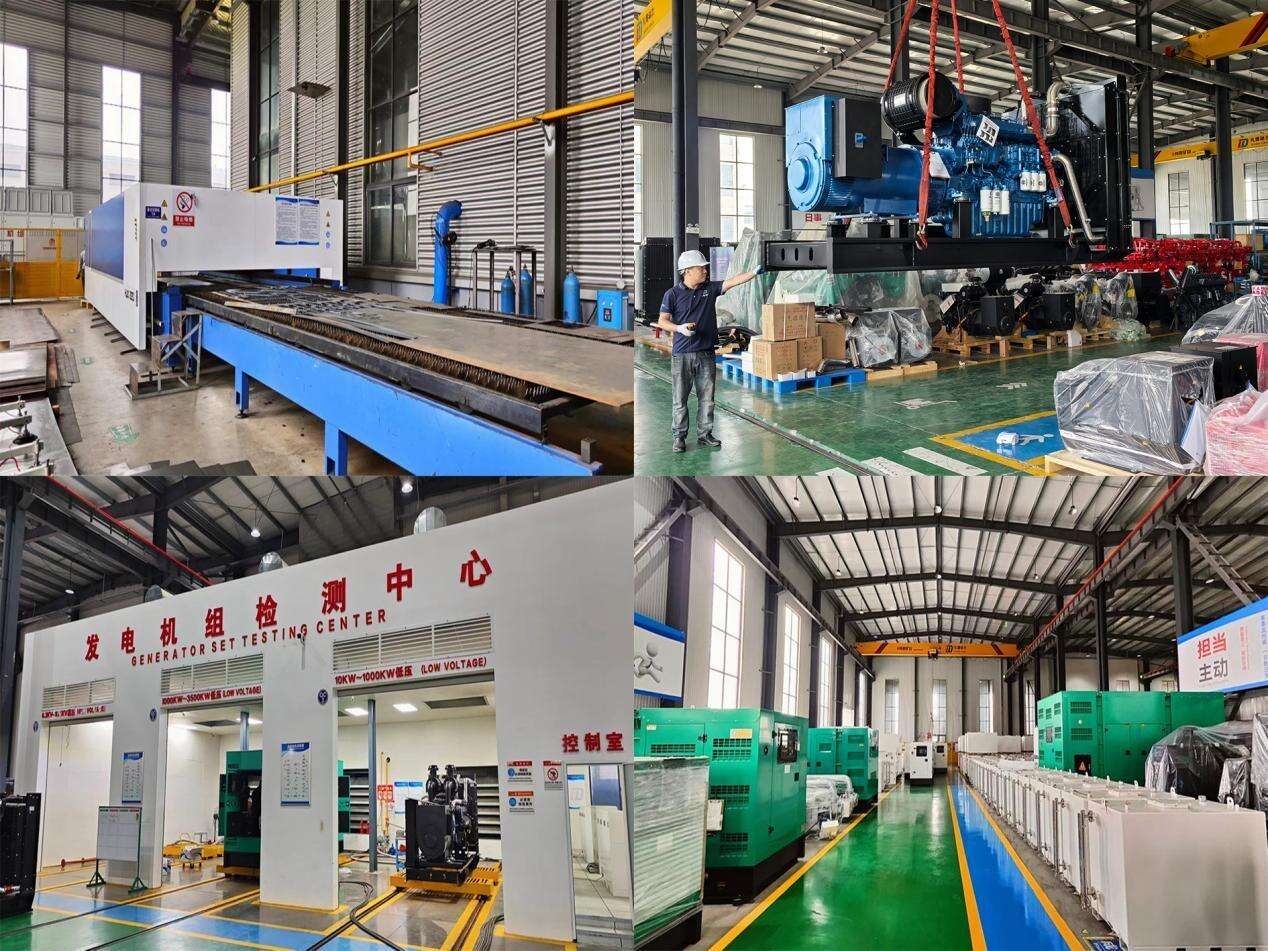Understanding Your Agricultural Power Needs First
The first step in choosing a biogas generator set is determining how much power your farm actually needs. How do you intend to use the generator? Consider all the tasks powered generators perform like running irrigation pumps, barn heaters, farm machinery, and even providing electricity to offices. Add the power ratings of these devices. For example, five irrigation pumps at 5kW each and a barn heater at 3kW means your basic power requirement would be 8kW. But also, consider future needs when you may add more equipment. This will help avoid purchasing an undersized biogas generator set and generating enough biogas to perform all your tasks.
Checking the Compatibility with Agricultural Biogas Sources
Every biogas generator set available on the market is compatible with certain biogas sources on a given farm and incompatible with others. Farms can collect biogas from livestock manure tanks, crop straw fermentation pits, and food waste compost systems. Each of these biogas sources undergo different fermentation methods, which results in the variation of methane content. Since methane concentration determines the generator’s efficiency, it is important to have a biogas generator set compatible with the methane concentration of the farm biogas. Some generator sets are designed with adjustable fuel systems and can manage biogas with 50%-70% methane concentration, which is typical in most agricultural biogas sources. If biogas from your farm has a lower methane concentration, it is important to ensure that the generator can run stably and not frequently shut down, which could cause it to be problematic.
Concentration on Durability for Farm Settings
Equipment is put to the test on farms, whether it is dust from the fields, moisture from irrigation, or vibrations from farm machinery. Farm biogas generator sets need to be made with this in mind. A strong design with features such as corrosion-resistant metal casings to defend inner components from moisture and farm chemicals is ideal. The engine also needs to be able to operate for long periods of time as farms often require continuous power, especially during the aggressive seeding or harvesting periods. A generator with heavy-duty engine blocks and high-efficiency filters (to keep dust out) will decrease the time and costs needed for repairs, increasing its operational longevity.
Think About Your Operational Costs and How Efficient They Are
Almost every business operation, including agriculture, will have capped operational costs, which means that the cost involved in running a biogas generator set will matter. The best biogas generator sets are fuel-efficient, which means that less biogas costs is used to produce each kilowatt of electricity. This decreases costs, and you waste less of the biogas you produce on your farm. Lastly, consider the costs involved in the maintenance of your biogas generator set. Some generator sets are designed simply, making it more convenient, and less expensive to complete maintenance and routine checks.
Look for Easy Integration with Farm Systems
A biogas generator set shouldn’t be difficult to connect with your farm systems. It should connect seamlessly with your farm’s electrical grid (to feed back excess power produced) and backup battery systems (to be stored power for later when biogas production is higher). Some biogas generator sets even have smart features such as remote monitoring. This feature is especially helpful for those farms where the generator is remote from the main office. You will be able to see if the generator is running, monitor the fuel levels, and even resolve a few minor issues without having to trek to the generator site.
Don't Underestimate After Sales Support
Regardless of how high-quality biogas generators are, troubleshooting is inevitable; if it needs spare parts, generators can malfunction. This is why prioritizing after-sales support is vital. Opt for a supplier that guarantees dependable after-sales support, including ease of spare parts procurement and effective troubleshooting services. Some even promise a lifetime support option, assisting with repairs and maintenance as long as the customer owns the generator. This is largely critical for income-generating operations such as farms, as breakdowns directly translate to work stoppage and losses. After-sales support ensures fast repairs, allowing farms to run uninterrupted.


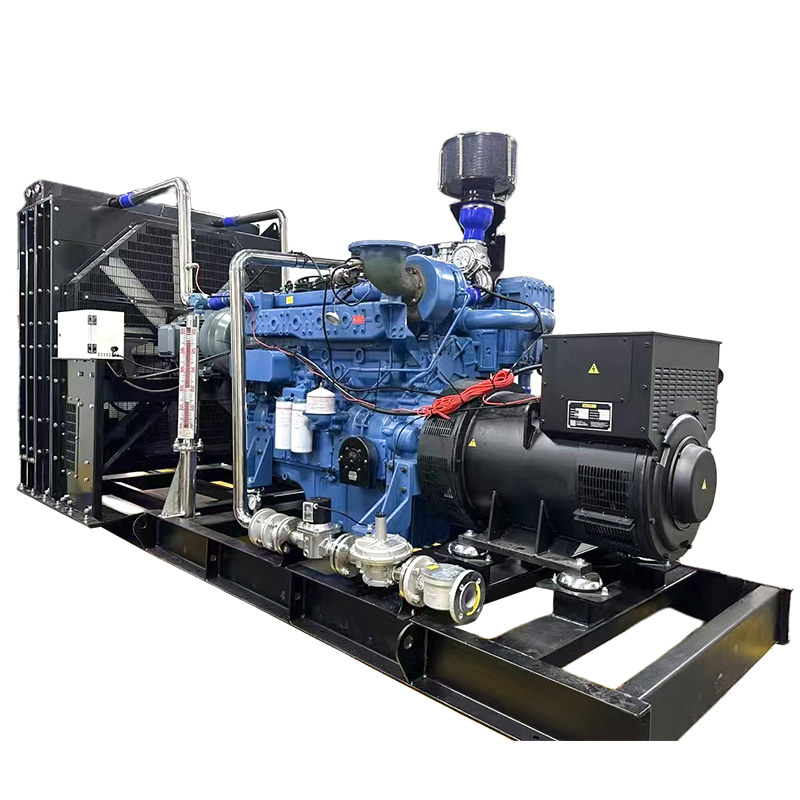
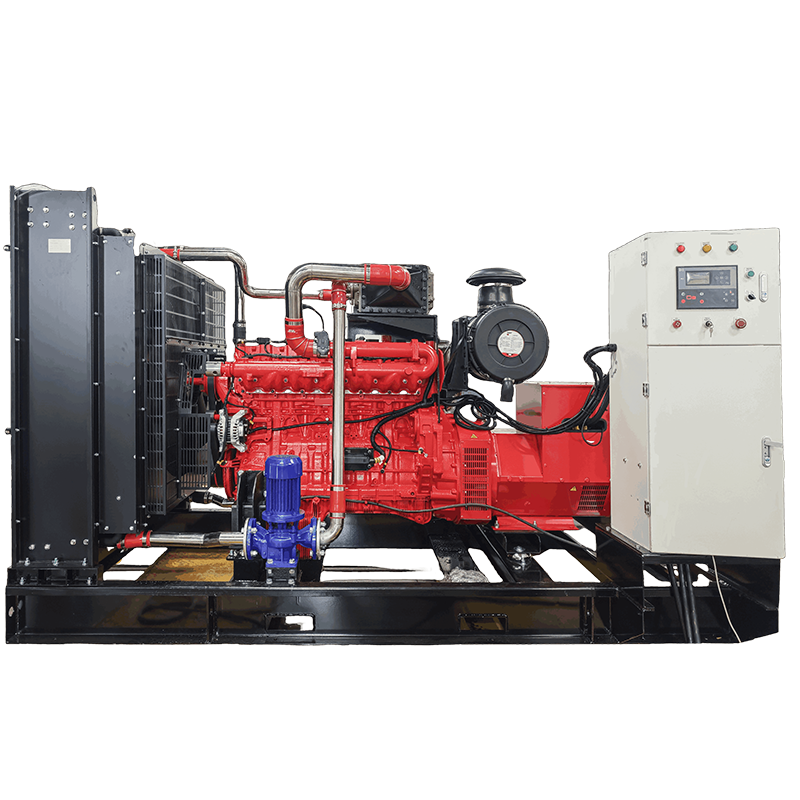
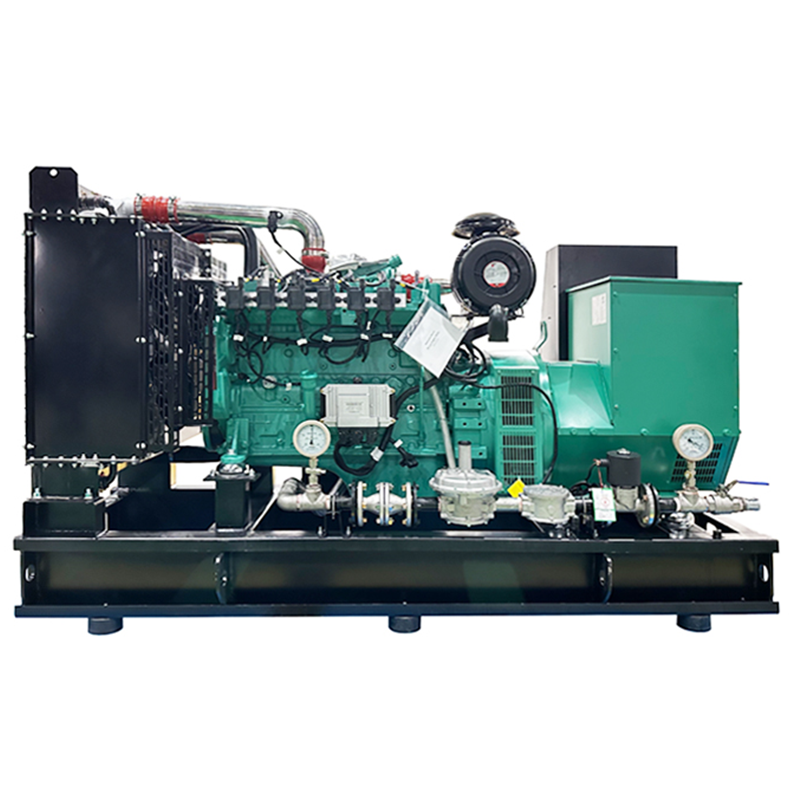
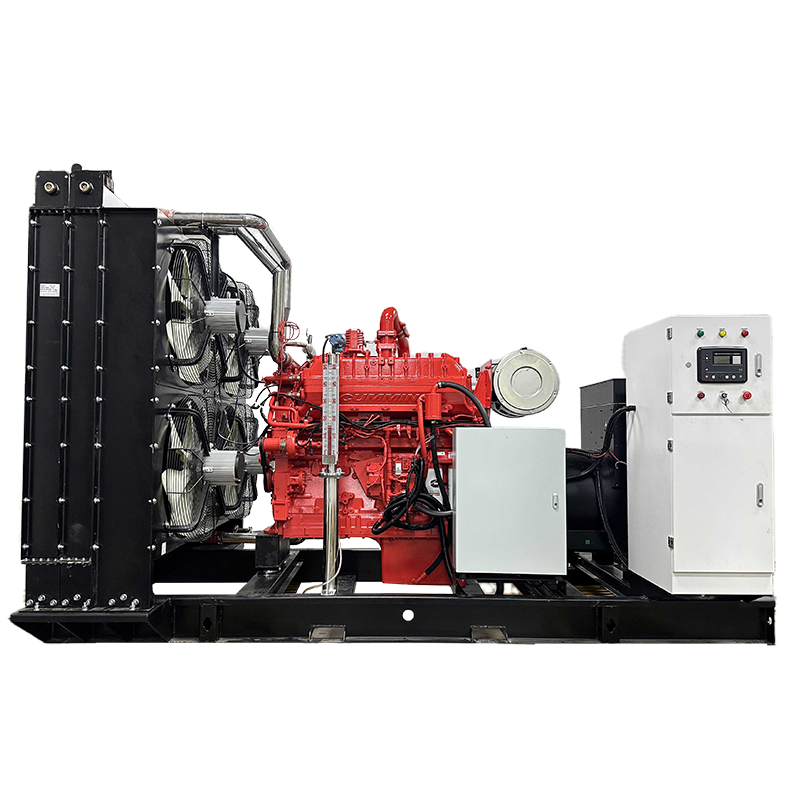
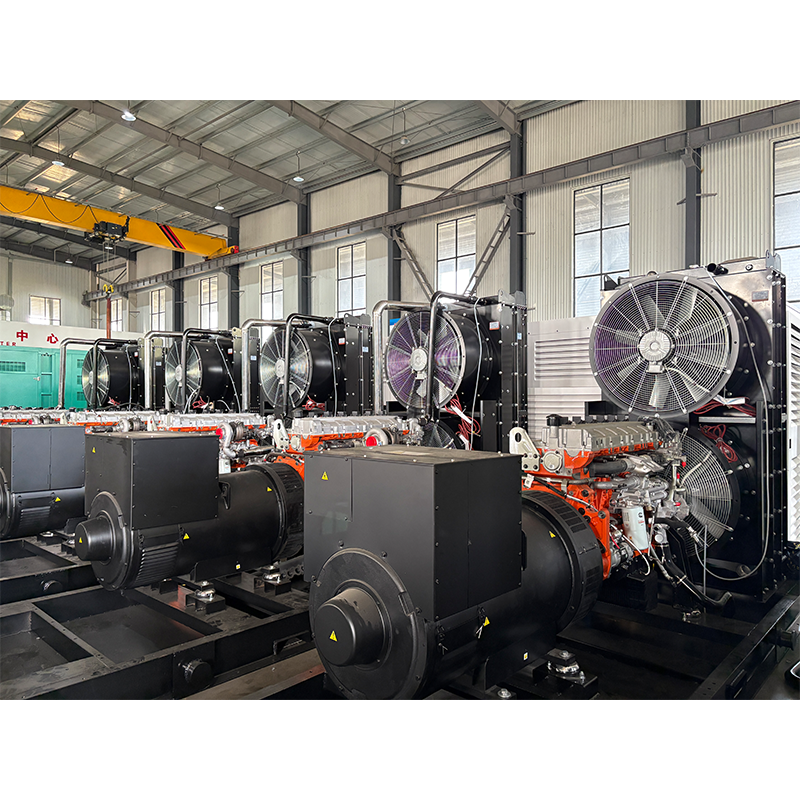
 Hot News
Hot News